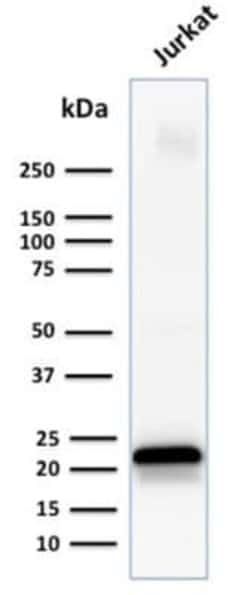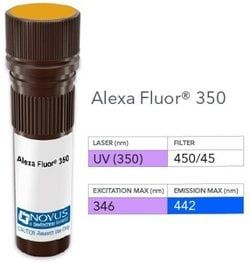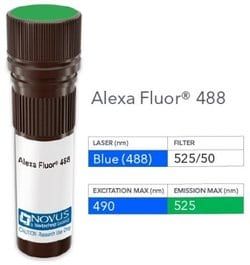CD3 epsilon Antibody (C3e/1931) - Azide and BSA Free, Novus Biologicals™
Manufacturer: Novus Biologicals
Select a Size
| Pack Size | SKU | Availability | Price |
|---|---|---|---|
| Each of 1 | NB010814-Each-of-1 | In Stock | ₹ 57,494.00 |
NB010814 - Each of 1
In Stock
Quantity
1
Base Price: ₹ 57,494.00
GST (18%): ₹ 10,348.92
Total Price: ₹ 67,842.92
Antigen
CD3 epsilon
Classification
Monoclonal
Concentration
1 mg/mL
Dilution
Western Blot 1-2 μg/mL, Flow Cytometry 1-2 μg/million cells, ELISA 2-4 μg/mL, Immunohistochemistry 1-2 μg/mL, Immunohistochemistry-Paraffin 1-2 μg/mL, Protein Array, CyTOF-ready
Gene Alias
CD3e antigen, CD3e antigen, epsilon polypeptide (TiT3 complex), CD3e molecule, epsilon (CD3-TCR complex), CD3-epsilon, FLJ18683, T3E, T-cell antigen receptor complex, epsilon subunit of T3, T-cell surface antigen T3/Leu-4 epsilon chain, T-cell surface glycoprotein CD3 epsilon chain, TCRE
Host Species
Mouse
Purification Method
Protein A or G purified
Regulatory Status
RUO
Primary or Secondary
Primary
Target Species
Human
Form
Purified
Applications
Western Blot, Flow Cytometry, ELISA, Immunohistochemistry, Immunohistochemistry (Paraffin), Peptide Array, CyTOF
Clone
C3e/1931
Conjugate
Unconjugated
Formulation
10 mM PBS with No Preservative
Gene Symbols
CD3E
Immunogen
A recombinant human CD3 epsilon protein fragment (around aa 23-119) (exact sequence is proprietary) (Uniprot: P07766)
Quantity
100 μg
Research Discipline
Adaptive Immunity, Apoptosis, Cytokine Research, Diabetes Research, Immunology, Innate Immunity, Signal Transduction, Stem Cell Lines, Stem Cell Markers
Test Specificity
Recognizes the epsilon-chain of CD3, which consists of five different polypeptide chains (designated as gamma, delta, epsilon, zeta, and eta) with MW ranging from 16-28kDa. The CD3 complex is closely associated at the lymphocyte cell surface with the T cell antigen receptor (TCR). Reportedly, CD3 complex is involved in signal transduction to the T cell interior following antigen recognition. The CD3 antigen is first detectable in early thymocytes and probably represents one of the earliest signs of commitment to the T cell lineage. In cortical thymocytes, CD3 is predominantly intra-cytoplasmic. However, in medullary thymocytes, it appears on the T cell surface. CD3 antigen is a highly specific marker for T cells, and is present in majority of T cell neoplasms.
Content And Storage
Aliquot and store at -20°C or -80°C. Avoid freeze-thaw cycles.
Isotype
IgG1 κ
Description
- CD3 epsilon Monoclonal specifically detects CD3 epsilon in Human samples
- It is validated for Western Blot, Flow Cytometry, ELISA, Immunohistochemistry, Immunohistochemistry-Paraffin, Protein Array, CyTOF-ready.



